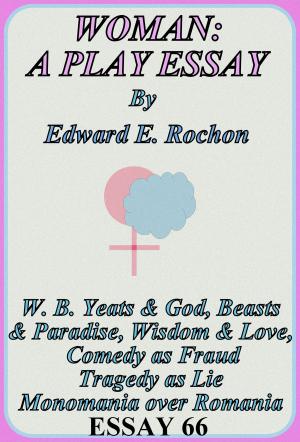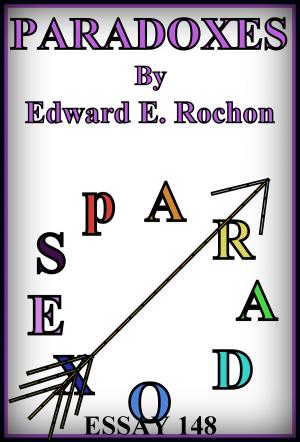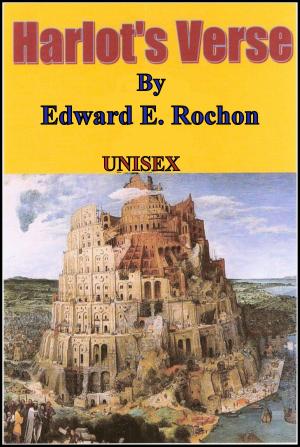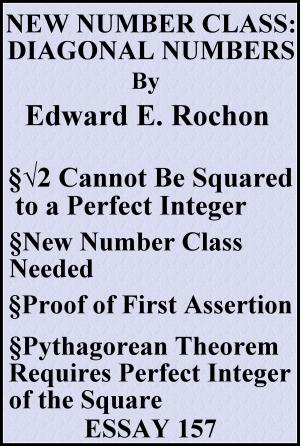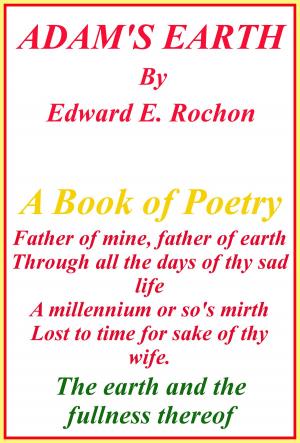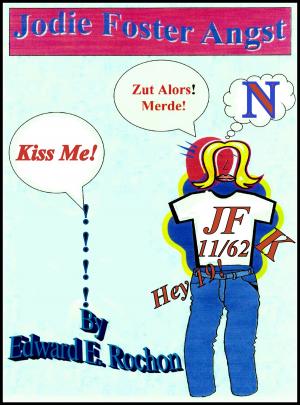Contra Nominalism: An Essay
Nonfiction, Religion & Spirituality, Philosophy, Epistemology, Metaphysics| Author: | Edward E. Rochon | ISBN: | 9781301055210 |
| Publisher: | Edward E. Rochon | Publication: | September 30, 2012 |
| Imprint: | Smashwords Edition | Language: | English |
| Author: | Edward E. Rochon |
| ISBN: | 9781301055210 |
| Publisher: | Edward E. Rochon |
| Publication: | September 30, 2012 |
| Imprint: | Smashwords Edition |
| Language: | English |
The essay opens comparing Realism and Nominalism, then proceeds to prove the validity of Realism. The proof leads to a discussion of archetypes or universals that are at the very fabric of definition and hence of man's understanding of his world.
Universals require that the problem of the one and the many be resolved. Parmenides claimed that only the one or whole existed. We show that this is inconsistent with human thought, with mathematics and with perception. A distinction is made between purely abstract ideas (love, justice, etc.) and definitions of concrete things such as combs.
The work shows that all ideas are based upon a gestalt of monads that cannot be parsed into their individual nature without destroying the gestalt. A fixed number of basic monads or concepts exist and define each other in a round-robin fashion. All the monads are required for any one monad to exist.
The work includes a short glossary and notes refuting certain lines of dialog taken from 'Parmenides', Plato's book.
The essay opens comparing Realism and Nominalism, then proceeds to prove the validity of Realism. The proof leads to a discussion of archetypes or universals that are at the very fabric of definition and hence of man's understanding of his world.
Universals require that the problem of the one and the many be resolved. Parmenides claimed that only the one or whole existed. We show that this is inconsistent with human thought, with mathematics and with perception. A distinction is made between purely abstract ideas (love, justice, etc.) and definitions of concrete things such as combs.
The work shows that all ideas are based upon a gestalt of monads that cannot be parsed into their individual nature without destroying the gestalt. A fixed number of basic monads or concepts exist and define each other in a round-robin fashion. All the monads are required for any one monad to exist.
The work includes a short glossary and notes refuting certain lines of dialog taken from 'Parmenides', Plato's book.



